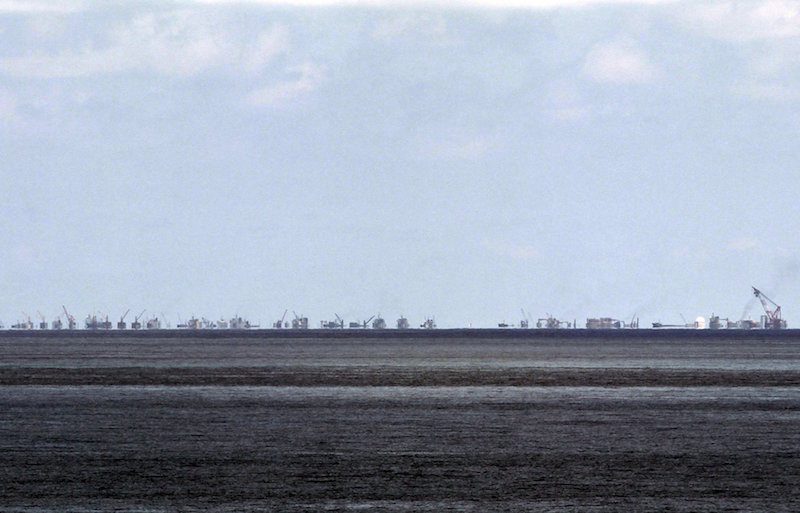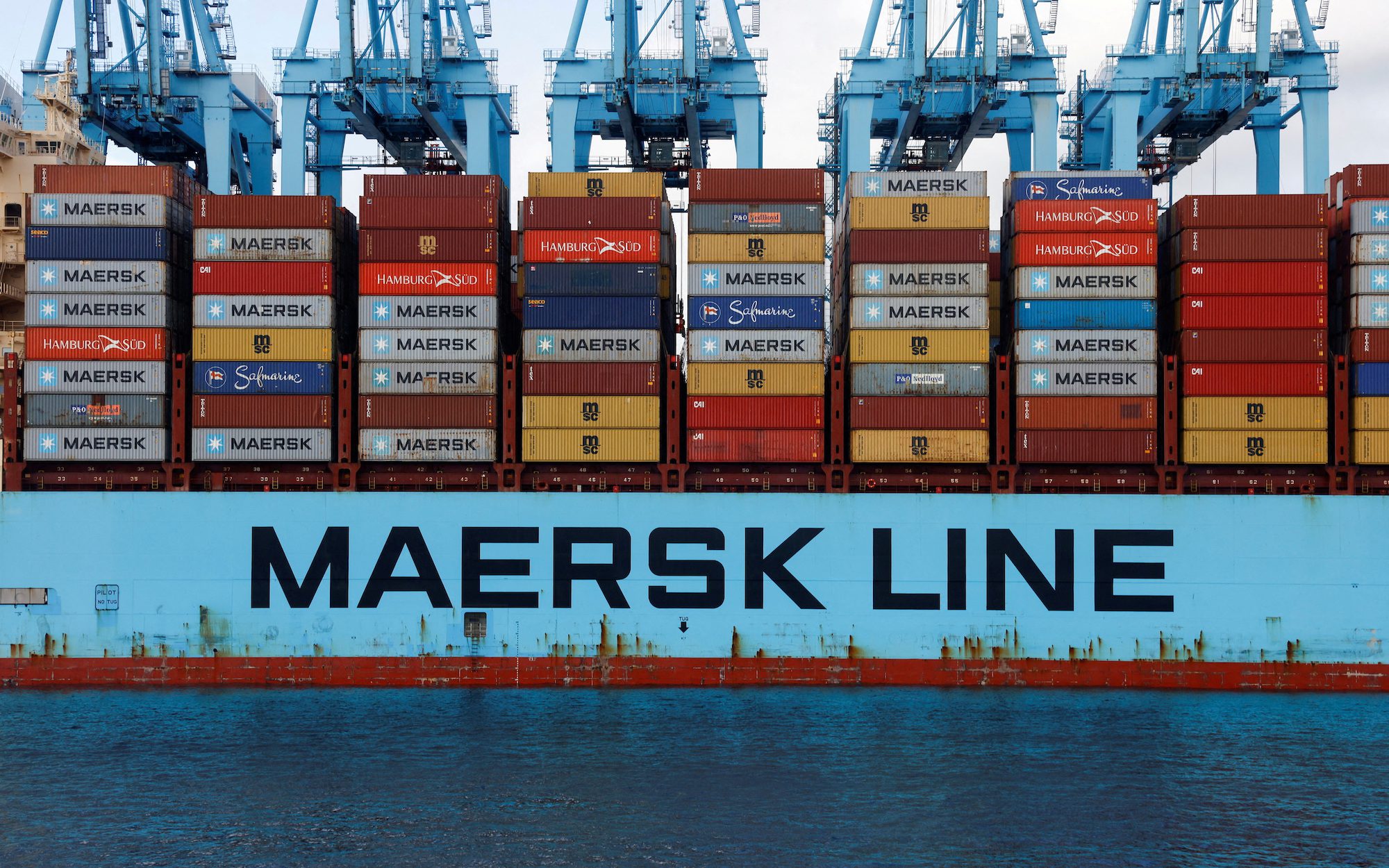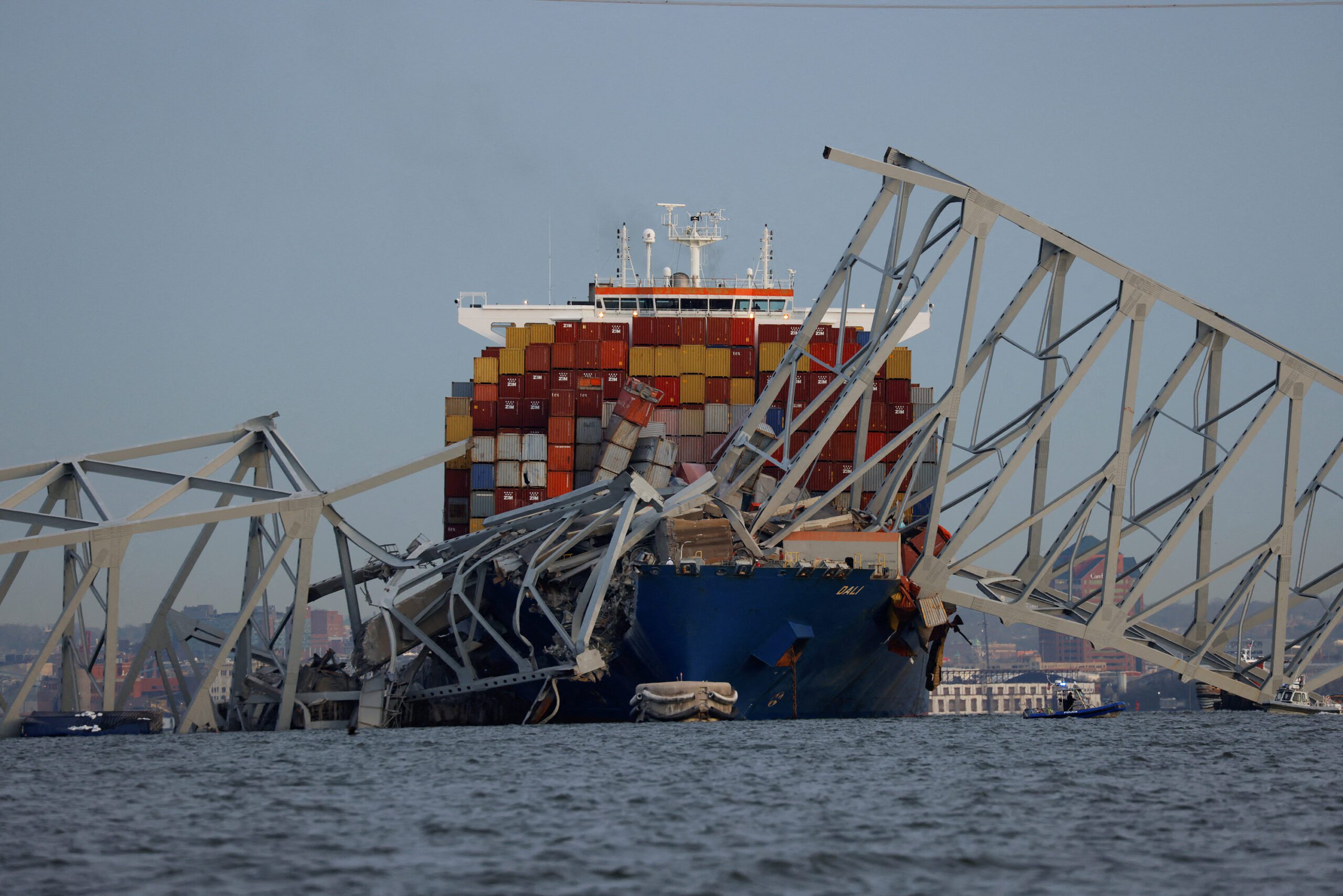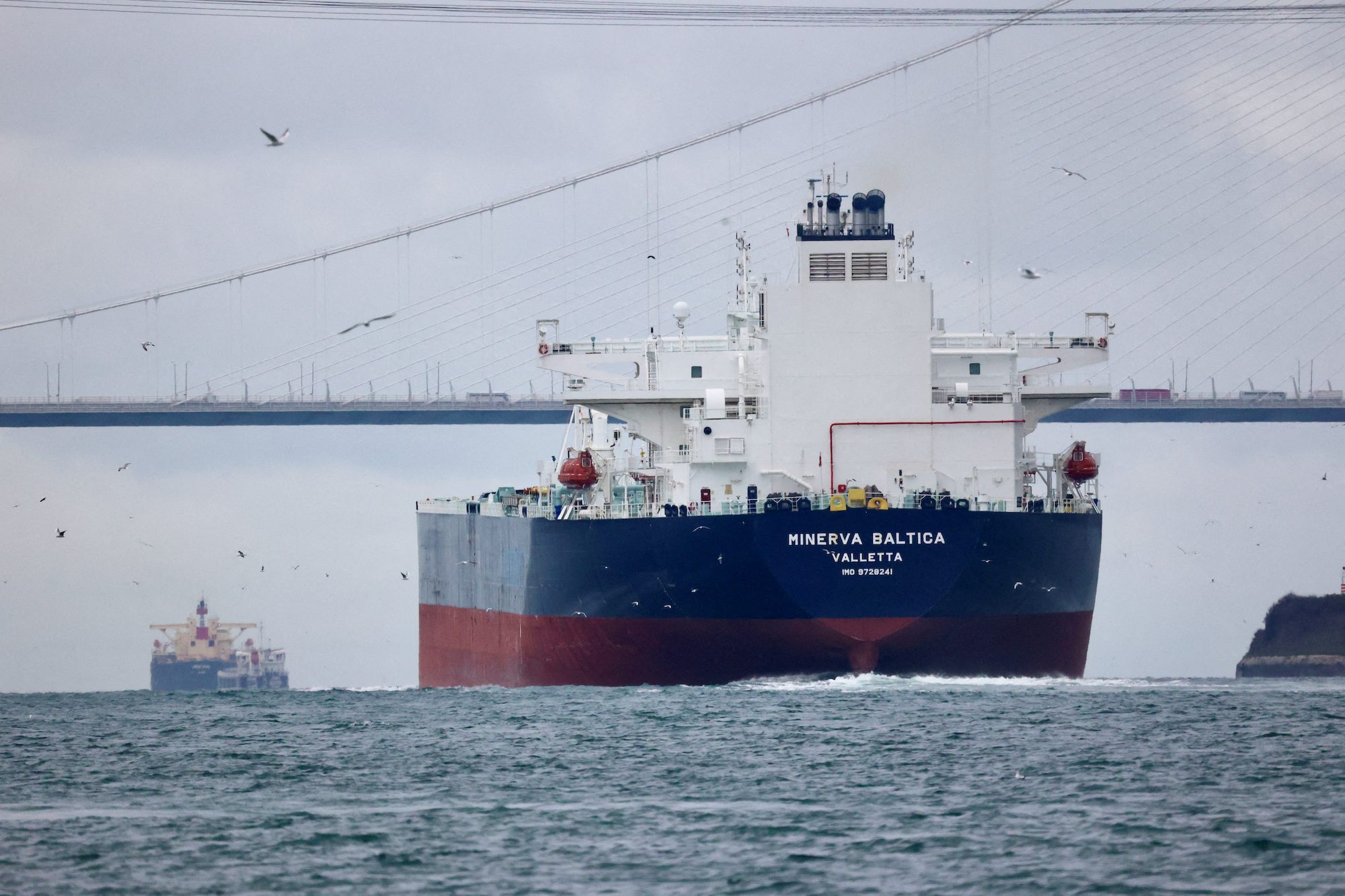The alleged on-going land reclamation of China at Subi reef is seen from Pagasa island (Thitu Island) in the Spratlys group of islands in the South China Sea, west of Palawan, Philippines, in this May 11, 2015 file photo. REUTERS/Ritchie B. Tongo
By Andy Sharp
(Bloomberg) — Foreign Ministers from the Group of Seven leading economies expressed concern over territorial disputes in Asian waters where China has been more aggressively asserting its claims in recent years.
“We are concerned about the situation in the East and South China Seas, and emphasize the fundamental importance of peaceful management and settlement of disputes,” the ministers said in a joint statement at the end of a two-day meeting in Hiroshima.
“We express our strong opposition to any intimidating, coercive or provocative unilateral actions that could alter the status quo and increase tensions, and urge all states to refrain from such actions as land reclamations, including large scale ones, building out outposts, as well as their use for military purposes and to act in accordance with international law including the principles of freedoms of navigation and overflight.”
While the communique didn’t explicitly name China, it contained a clear message critical of Beijing’s ambitions in the waters — a key maritime artery for trade and energy shipments. Chinese Foreign Minister Wang Yi on Saturday said the G-7 meeting shouldn’t “hype” the issue.
‘Stronger Base’
“The G-7 is going through the motions of making it clear to China that if they do something more there will be a cost to bear,” said Malcolm Davis, a senior analyst at the Australian Strategic Policy Institute in Canberra. “The G-7 statement gives the Americans a much stronger base to go to their key allies, including Australia, to get them to act in concert with them.”
The U.S. is keen to rally international political support before an international tribunal in The Hague makes a ruling later this year on a case brought by the Philippines against China’s claims in the South China Sea, Davis said. Any attempt to get a similar statement from the United Nations would be blocked by China, which is a member of the Security Council. “The G-7 statement is probably the best the Americans can get at this stage,” Davis said.
China claims more than 80 percent of the South China Sea and has constructed artificial islands there, some with airstrips capable of landing military aircraft. In recent months, Japan has stepped up its criticism of China’s activities in the waters, while the U.S. last year sailed a warship near Chinese “islands,” showing it doesn’t recognize them as having the same rights as Chinese territory. China’s claims to one of the world’s busiest shipping lanes overlap with those of five other nations.
Japan is also engaged in its own dispute with China in the East China Sea over a chain of uninhabited islands administered by Japan. Ships from the two countries regularly tail each other near the islets known as Senkaku in Japanese and Diaoyu in Chinese.
A commentary Sunday in China’s official Xinhua News service blasted Japan for trying to “hijack” the G-7 meeting, calling the Tokyo government a “regional wave-maker keen on rocking the boat.”
“Long uncomfortable with China’s rising influence in the region, Japanese Prime Minister Shinzo Abe and his administration have never passed up an opportunity to trip up and contain China,” columnist Zhu Dongyang said. “Behind their unwonted interests in accusing China of militarizing the South China Sea is Tokyo’s real scheme to provoke the West into lashing out at China.”
Other Claimants
Vietnam, the Philippines, Brunei, Malaysia and Taiwan also have claims in the South China Sea that fall within China’s nine-dash line, the delineation of China’s claims that first appeared on a 1947 map. China’s trading influence is increasingly matched by an expanded military presence in the region. China has deployed missiles, radars and fighter jets in territory it controls in the area and has stepped up its naval patrols in the waters.
China and the other claimant states are not part of the meeting in Hiroshima. The G-7 meeting also included foreign ministers from the U.K., Germany, Canada, France, and Italy, as well as representatives of the European Union.
–With assistance from David Tweed.
© 2016 Bloomberg L.P
Unlock Exclusive Insights Today!
Join the gCaptain Club for curated content, insider opinions, and vibrant community discussions.

 Join The Club
Join The Club













